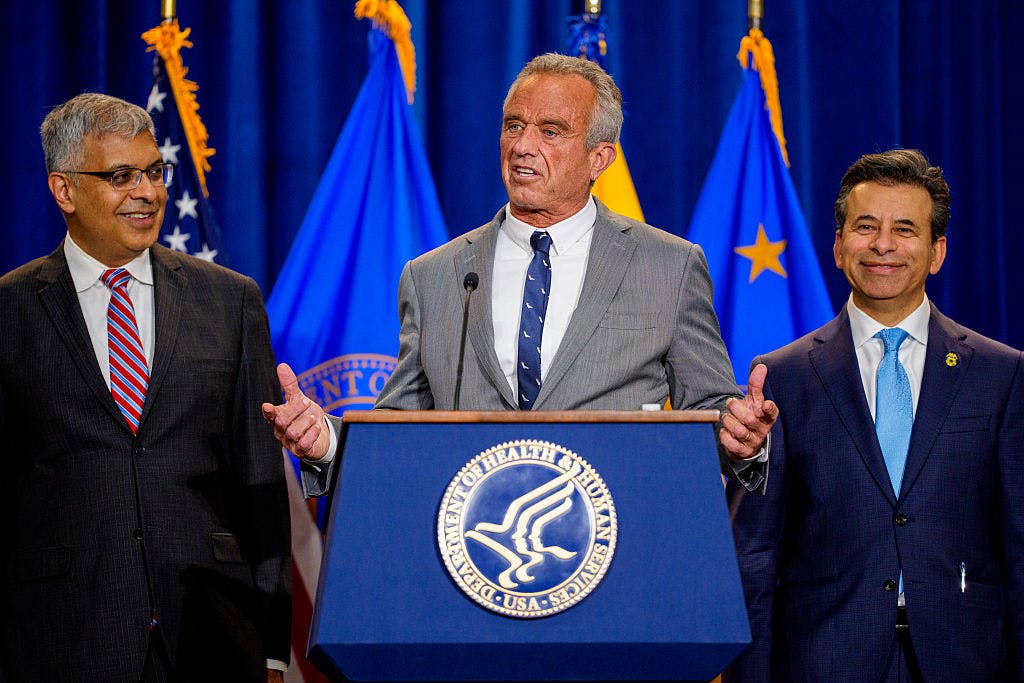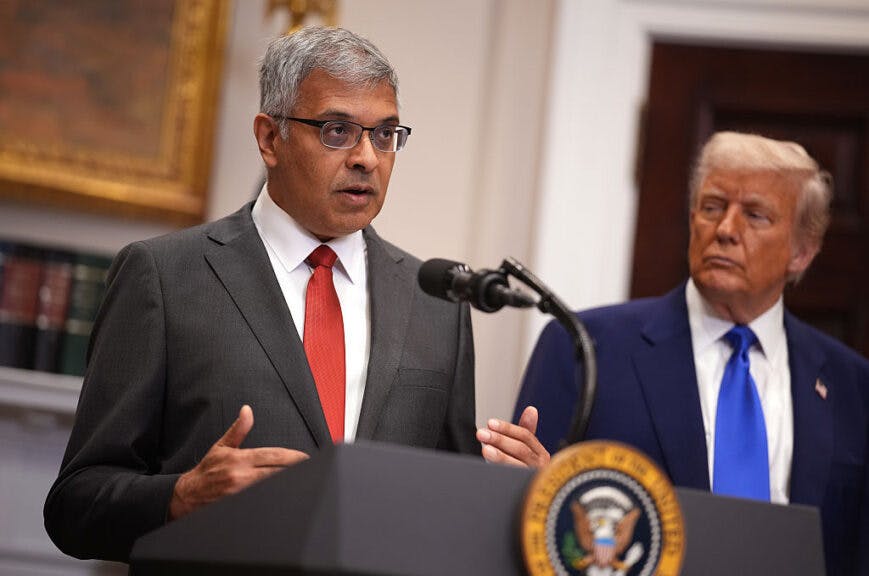Paperwork And Petri Dishes: It’s Time To Reform The NIH And Let Science Lead

After decades of investing in life science breakthroughs, from biotech platforms to diagnostic innovations, I’ve seen what’s possible when bold ideas meet real backing. I’ve also seen what happens when bureaucracy gets in the way. Nearly $52 billion flows through the National Institutes of Health each year — taxpayer money entrusted to one of the world’s most important engines of biomedical progress. It begs a tough question: Is the NIH delivering what it promises? In my opinion, not yet.
Live Your Best Retirement
Fun • Funds • Fitness • Freedom
Discovery today moves faster than ever, but the NIH struggles to keep pace — not from lack of talent or mission, but because of outdated systems, fragmented structure, and a risk-averse culture. This isn’t a partisan issue. It’s not about dismantling anything. It’s about upgrading an essential institution to work the way science works: fast, open, collaborative, and accountable. Under Dr. Jay Bhattacharya’s leadership, with his courage and clear-eyed vision, we’re closer than ever to meaningful reform.
The NIH’s 27 institutes and centers often function in isolation, duplicating work and missing chances to collaborate. In 2024, $9 billion went to indirect costs like admin overhead — paperwork, not pipettes or Petri dishes. Rep. Cathy McMorris proposed streamlining to 15 centers, a plan that ought to be seriously considered. Merging overlapping fields, say, translational medicine and biomedical imaging, would sharpen focus and accelerate progress. It would help the NIH act like a modern, integrated organization, not a loose confederation of silos. Let scientists spend their time in the lab, not in grant-cycle purgatory.

Andrew Harnik/Getty Images
Public funding comes with public accountability, and the NIH has work to do. Concerns over inadequate responses to research misconduct, opaque grant reviews, and questionable international ties — like those linked to risky pathogen studies — damage credibility and slow progress. What’s needed isn’t punishment but clarity. Reforms to tighten oversight, simplify peer review, and flag repeat issues will protect the science and the people behind it. The American public is generous in funding medical research. It’s time to be just as generous with the truth.
In my years as a venture capitalist, I’ve learned that real innovation comes from unexpected places — outsiders, first-time founders, scientists chasing questions no one else asks. But the NIH’s grant system favors the safe route, funding incremental research while visionary proposals, like a novel approach to Alzheimer’s, get passed over. Put more generalists and cross-disciplinary thinkers on peer review panels. Train reviewers to recognize high-risk/high-reward ideas. Carve out funding for newcomers applying for the first time. We can’t solve 21st-century problems if we’re afraid to back 21st-century thinkers.
The scientific landscape has changed — AI decodes protein structures, organ-on-chip tech replaces animal testing, wearables guide patient care. Yet the NIH uses tools and timelines built for another era. The new public access policy, requiring funded studies to be shared freely, is a good start. But modernizing how we evaluate, fund, and share research is overdue. AI-driven grant reviews and real-time data platforms could match the global pace of discovery. If we want to compete with China and Europe, we need to move faster.
Despite its massive budget, the NIH sends disproportionate funding to elite institutions. In 2023, half of all grants went to just 10 states. Great science can come from a fresh PhD in Idaho or a tenured lab in Iowa, but without grant caps, geographic diversity, and fair review standards, those ideas never get a shot. America doesn’t have a monopoly on good ideas. Let’s stop acting like it does.
Are all reform proposals perfect? No. They’ll need input from scientists, policymakers, and patients who count on the results. Ignoring the problem, though, is reckless. This isn’t about tearing down the NIH; it’s about retooling it for today’s challenges. I came to this country believing in what it stood for. I’ve backed companies that pushed the limits of healthcare. I believe American science is the best in the world, but it needs a system that doesn’t hold it back. Let’s build an NIH that earns trust, funds bold ideas, and turns the best thinking into real-world cures. It’s time we let science lead.
* * *
Guy Paul Nohra is co-founder of Alta Partners, a leading Venture Capital firm in life sciences, funding over 150 companies in the healthcare/life sciences sector since 1996 through eight Venture Capital funds.
The views expressed in this piece are those of the author and do not necessarily represent those of The Daily Wire.
Originally Published at Daily Wire, Daily Signal, or The Blaze
What's Your Reaction?
 Like
0
Like
0
 Dislike
0
Dislike
0
 Love
0
Love
0
 Funny
0
Funny
0
 Angry
0
Angry
0
 Sad
0
Sad
0
 Wow
0
Wow
0











































































